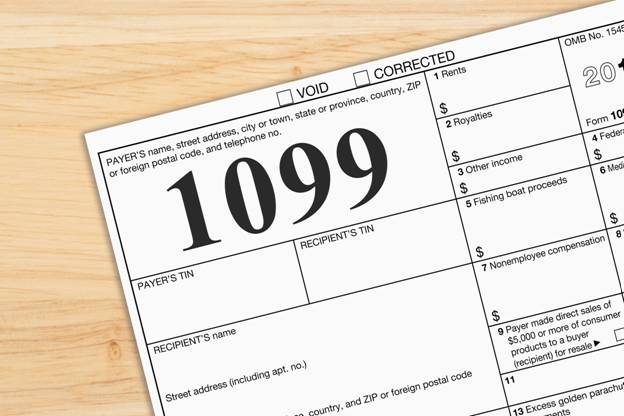Every year, millions of Americans make mistakes when filing their taxes.
This can cause a lot of issues, so it’s something you want to work to avoid. If you have to file a 1099 form, you may have several questions about doing it correctly. Whatever you want to know, make sure you have things figured out so that you have plenty of time to file your taxes.
If you don’t get everything organized in time, you may be subject to a 1099 late filing penalty. What is the penalty for not issuing a 1099, and how do you avoid it? Here are four things you need to know.
1. Deadline for Filing Your 1099 Form With the IRS
Make sure you have your Form 1099 in order so that you can file it before the deadline. You should do so with plenty of time so that you can deal with any issues if they arise.
For From 1099-NEC, the deadline is the 31st of January each year. If the 31st is a weekend or public holiday the deadline will fall on the next business day. For Form 1099-MISC, the deadline is March 1st if you’re filing it on paper, and March 31st if you file it electronically.
2. The Penalty for Not Filing 1099
IRS tax penalties will depend on how late you file your 1099. If you do so within 30 days of the due date, the fee is $50 per form up to a maximum of $194,500 (for small businesses) or $556,500 (for large businesses).
If you submit it later than 30 days after the due date, but before August 1st, the penalty is $110 per form. The maximum for this is $556,500 for small businesses and $1,669,500 for large businesses.
Filing after August 1st will result in a fee of $270 per form up to $1,113,000 for small businesses and $3,339,000 for large businesses. You should always file your taxes in good time to avoid these fees.
3. How Much Should I Set Aside for Taxes 1099?
This is difficult to determine as it varies for everyone. Most people set aside about 20%-35% of their 1099 income (not including deductions). This may work for you, but if you want a more accurate idea, you should speak to a tax advisor.
4. What Happens if You Fail to File
If you don’t correctly file your 1099, you could face further consequences on top of the late fees mentioned above. If the IRS determines that you knew you should have filed but deliberately chose not to, they’ll consider the situation to be “intentional disregard.”
Moreover, if they believe this is the case, they’ll charge a fee of $550 per return. For businesses, there’s no cap on this penalty amount.
Avoiding a 1099 Late Filing Penalty
If you want to avoid being subject to a 1099 late filing penalty, you need to make sure you’re prepared. Don’t wait until the last minute to organize everything, or you run the risk of having issues to deal with. If you’re confused about anything, speaking to a tax advisor is the best way to ensure you get things right.
For more informative articles, check out some of our other blog posts.
Editor’s recommendation:
How to Prepare E-File Tax Form 1099 for the vendor in QuickBooks?








